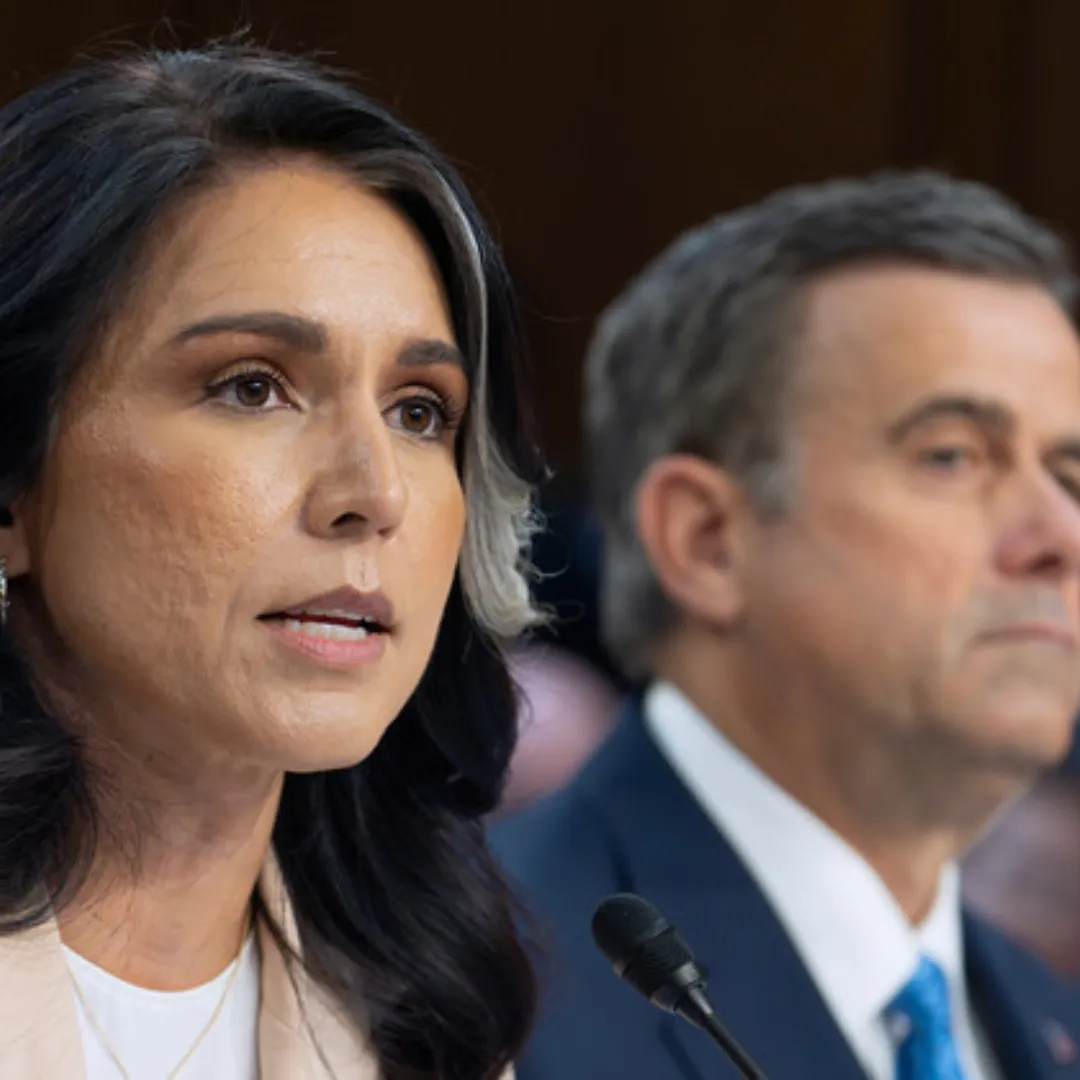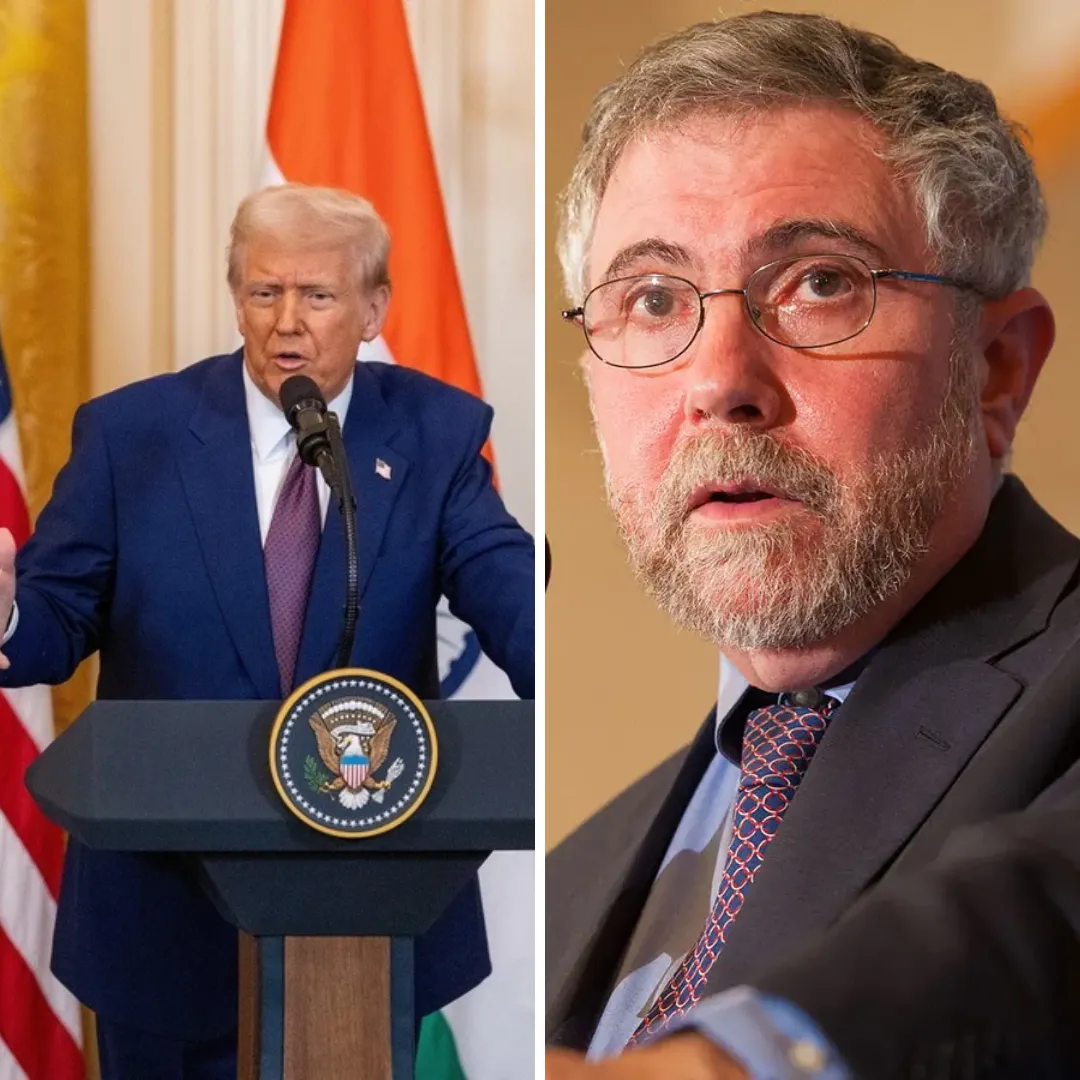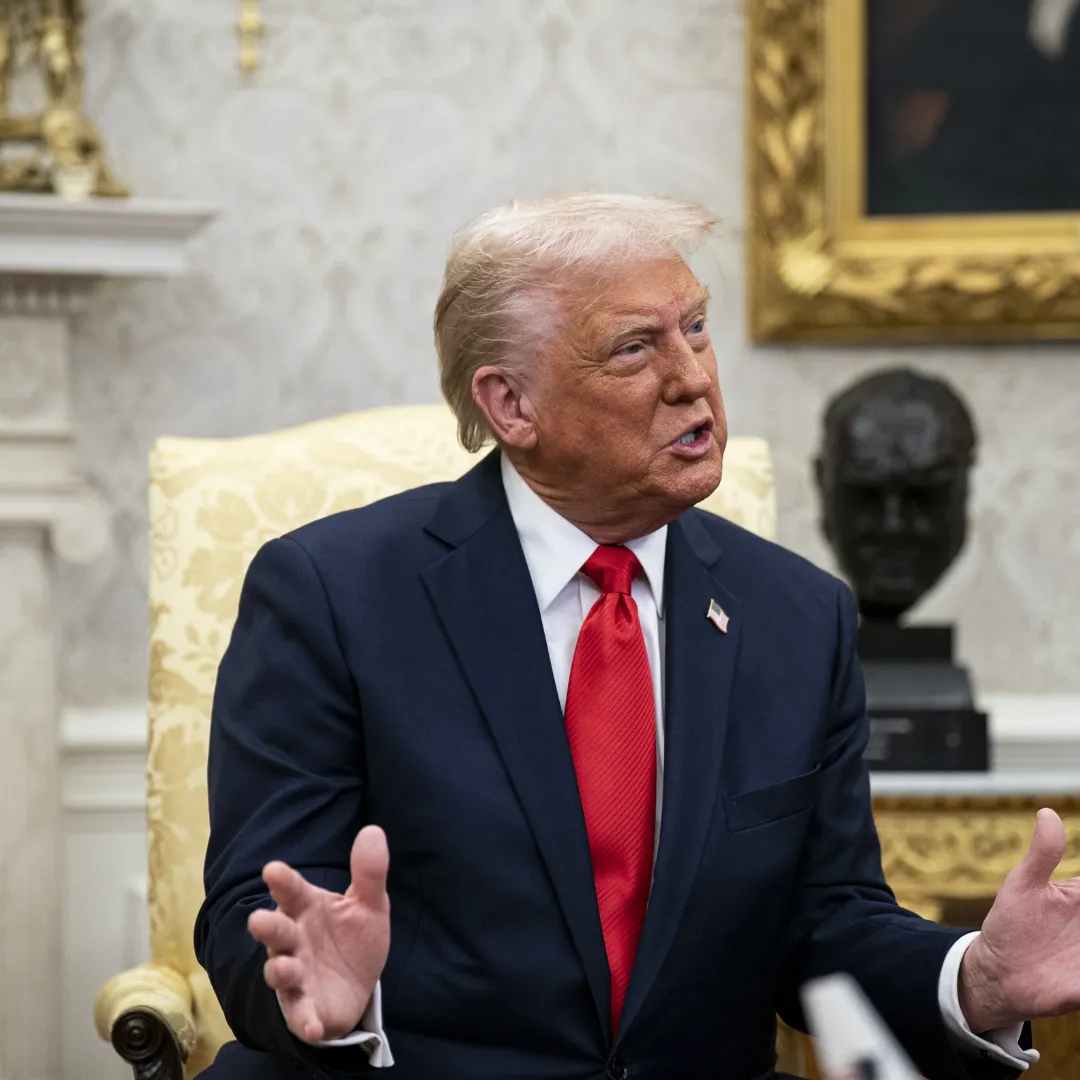
The tension in Washington on Wednesday was palpable, not over the usual political theater, but over a question that some might say was far too personal, and others would argue, deeply necessary. The annual worldwide threats assessment hearing, a high-stakes event designed to evaluate the most pressing threats facing the United States, quickly veered off course when Rep. Jimmy Gomez (D-Calif.) asked about the drinking habits of Defense Secretary Pete Hegseth.
It was a question that sent ripples through the room, inciting fury from intelligence leaders and sparking a national conversation about what truly matters in the face of growing global dangers.
This year’s hearing, scheduled long before The Atlantic published its explosive report on the Signal group chat involving top Trump administration officials, was supposed to focus on global threats. The report revealed that senior officials, including Hegseth, had inadvertently included a reporter in a conversation about upcoming military strikes on Houthi rebels in Yemen.
The breach of classified information had the potential to spark a political wildfire, and predictably, it did.
But in the House Intelligence Committee’s hearing, the discussion of this breach became the focal point of debate, overshadowing the pressing issues of cyberattacks, biosecurity, and nuclear proliferation that the committee was meant to address. It was a moment where politics, security, and personal attacks collided—setting the stage for a political spectacle that seemed to have little regard for the bigger picture.
Rep. Gomez’s question, probing whether Hegseth had been drinking before he leaked classified information, appeared at first glance to be an attempt at an easy political jab. The context—Hegseth’s past controversial public appearances, including an instance where he held a drink at a podium in Europe—provided the foundation for the accusation.
Gomez’s question, although seemingly trivial to some, was, to him, about competence and accountability.
“I have huge respect for the CIA, huge respect for men and women in uniform. But this was a question that’s on the top of minds of every American, right? He stood in front of the podium in Europe holding a drink.
So, of course we want to know if his performance is compromised,” Gomez said, as though trying to justify his line of inquiry.

But the reaction to this question was swift, and it was not one that Gomez, or anyone else in that room, had likely anticipated. Tulsi Gabbard, Director of National Intelligence, swiftly brushed aside Gomez’s insinuation, clarifying that she had no knowledge of Hegseth’s personal habits.
Her demeanor reflected her commitment to professionalism, as she stated, “I don’t have any knowledge of Secretary Hegseth’s personal habits.”
However, the most vociferous response came from CIA Director John Ratcliffe. “No, you know, no. I’m not going to answer that. I think that’s an offensive line of question.
The answer is, no,” Ratcliffe snapped, his voice rising in frustration. His response underscored a palpable sense of indignation that quickly became a focal point of the hearing itself.
The focus on Hegseth’s drinking habits took on a life of its own. Rather than addressing the security issues that the hearing had been convened to discuss, the room seemed consumed with a debate about personal conduct, one that, for many in the room, was quickly spiraling into an unnecessary distraction.
What was supposed to be a moment of national reflection on real security threats had morphed into something altogether more awkward. The Signal chat leak, an embarrassing mistake by top national security officials, hung over the hearing like a dark cloud.
The breach had exposed sensitive discussions about military strikes and future operations, and had, in the words of many officials, been an act of incompetence.
The incident itself was significant, and many members of Congress had hoped to address the matter directly. However, Gomez’s question about Hegseth’s personal habits was, to some, an attempt to distract from the gravity of the situation at hand.
The underlying problem, the leak of classified information, could have been the subject of intense scrutiny. Instead, it became sidelined by a question about Hegseth’s integrity—a question that some members of the committee saw as nothing more than an attempt at sensationalism.
Yet, Rep. Gomez, in his own defense, argued that the public had a right to know. His insistence on asking about the drinking habits of a high-ranking government official stemmed from the belief that personal behavior directly affects public performance.
“This is top of mind for the public,” Gomez said. "He stood in front of the podium in Europe holding a drink. So, of course we want to know if his performance is compromised."
In truth, the incident pointed to deeper fissures in the political landscape—a widening gap between those who view national security as a sober, unassailable issue and those who believe that personal conduct cannot be separated from professional duty. For some, questioning the behavior of national security figures is an attempt to hold them to higher standards. For others, it’s a cheap shot that deflects from the real work at hand.
The committee’s leadership, in particular Ratcliffe, appeared increasingly agitated by the line of questioning. His frustration was evident as he called attention to the fact that the hearing had been convened to discuss global threats, not the personal behavior of individual officials.
“We’re getting questions about whether or not someone has drinking habits,” Ratcliffe said, his voice tinged with annoyance. "I just wish in an annual threats hearing, where the American people want to hear about threats, that that’s what we would be talking about."
In Ratcliffe’s mind, the focus on Hegseth’s personal habits was not just a minor distraction—it was an example of misplaced priorities. In a year where cyber threats, foreign adversaries, and nuclear tensions are rising, the idea of centering the conversation around personal habits seemed trivial to him, even offensive.
For many in the room, this moment of political theater signaled just how far the public discourse had strayed from the crucial issues of national security.
Despite the intensity of the questioning, Director of National Intelligence Tulsi Gabbard defended Hegseth with unwavering resolve. “Secretary Hegseth, in my experience, has continued to operate in the way that President Trump’s confidence in him inspires, which is in the best interest of the American people and our warfighters and ensuring our national security,” Gabbard said, her voice calm but firm.
“I think it’s wrong to impugn him, especially at a point where he is not here to defend his own honor.”
Gabbard’s defense underscored a more significant issue—that personal attacks against high-ranking officials are not just a distraction; they can weaken the perception of the United States’ leadership. For her, the focus on Hegseth’s drinking habits risked undermining the country’s ability to confront more pressing national security threats.
Rep. Chrissy Houlahan (D-Pa.) joined the fray, expressing her own frustration with the direction the hearing had taken. “I find it offensive for you to accuse me, as a Democrat, of not caring about national threats. I very much wanted to talk about those,” Houlahan remarked, her voice rising with the intensity of her critique.
“I had prepared questions in advance of this hearing about those threats, specifically about biosecurity and bioterrorism, but I don’t have time to ask those questions.”
Houlahan’s comment brought a stark reminder of the responsibilities entrusted to the committee members—to scrutinize and address the threats facing the nation. Yet, the focus on personal conduct, rather than substantive security matters, had forced the committee to redirect its attention.
This, for many, was a waste of time and resources that could have been better spent on addressing the real risks to U.S. national security.
For Houlahan and others, the hearings had strayed too far from the core responsibility of oversight. “I need to ask these questions,” she continued, “It’s my job to ask these questions of you.”
The events of Wednesday’s hearing underscore a crucial point: in the realm of national security, personal conduct is never too far removed from the issue at hand. But in this instance, it became the focal point of a distraction.
As global threats loom larger and more complex, it is vital that the public and their representatives focus on the real dangers to national security—cyberattacks, biological warfare, and nuclear proliferation.
The decision to spend so much time discussing the personal habits of an official, however, reflects a broader trend in American politics: the relentless pursuit of sensationalism, often at the expense of substance. In the end, it’s the larger issues—the threats we face from foreign adversaries, the rise of cyberattacks, the ongoing struggles in the Middle East—that demand our full attention.
As the hearing concluded, it was clear that the debate would not end here. The conversation about Hegseth’s drinking habits and the Signal chat leak will likely reverberate in Washington for days, if not weeks.
But perhaps, just perhaps, this is a moment to reflect on the larger questions—questions about accountability, responsibility, and what truly matters in the realm of national security.





